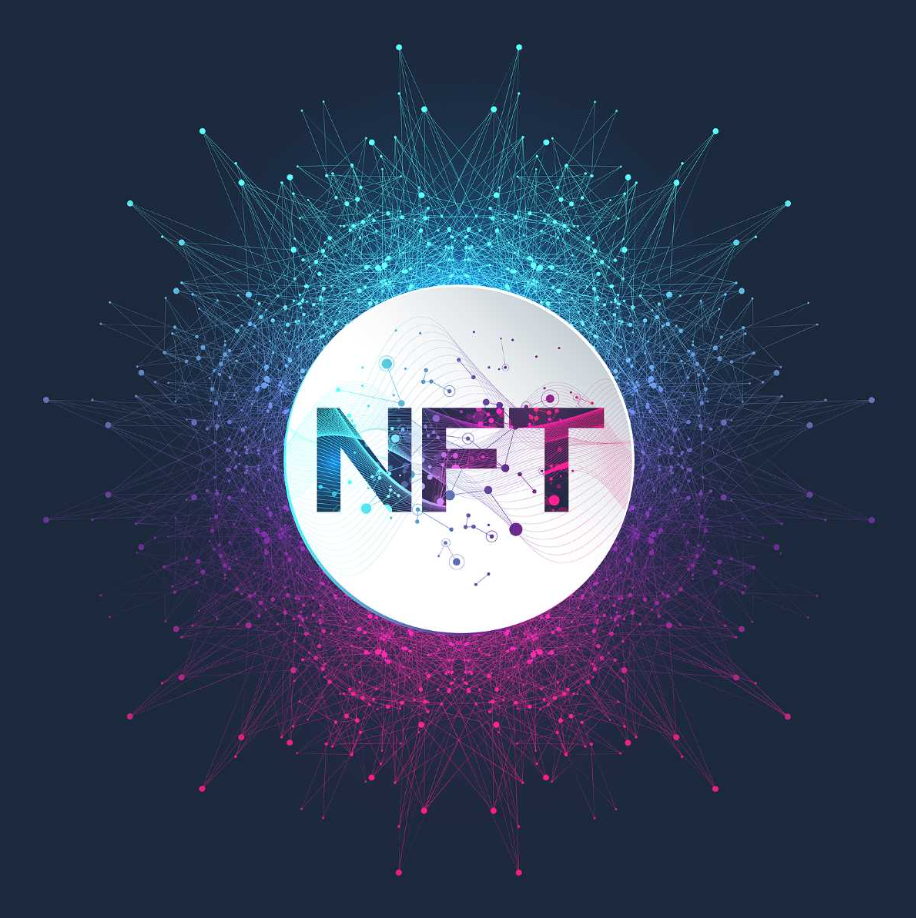LooksRare, a prominent NFT marketplace, has introduced significant improvements to its blockchain-based lottery game, YOLO, with the integration of Chainlink's Verifiable Random Function (VRF). This strategic move aims to bolster equality and transparency within the game, ensuring that winner selection remains impartial and open.
Chainlink VRF for Unbiased Winner Selection
YOLO, a lottery-style game, leverages Chainlink VRF to randomize the selection of winners. Chainlink VRF stands as a trusted solution for generating blockchain random values. It employs cryptographic methods to guarantee that each YOLO draw is conducted fairly and without bias.
For a legitimate lottery, the foundation lies in a dependable Random Number Generator (RNG). In the context of blockchain and decentralized ecosystems, YOLO requires an RNG solution that meets stringent criteria, including transparency and resistance to manipulation by any party involved. Accurate and reliable data is paramount, and the entire process must be transparent, verified, and beyond dispute.
The Power of Chainlink VRF
Chainlink's Verifiable Random Function (VRF) plays a pivotal role in ensuring unbiased winner selection. It creates a random number along with cryptographic proof, derived from undisclosed block data and the oracle node's pre-committed private key.
YOLO exclusively accepts cryptographically verified random numbers. This stringent requirement assures that the VRF process remains unaltered, providing undeniable proof that the winner selection process is fully transparent and accessible to all users.
Empowering Fairness and Transparency in On-Chain Games
Guts, co-founder of LooksRare, regards the integration of Chainlink VRF as a fundamental milestone in ushering in a new era of fairness within on-chain gaming. Chainlink VRF serves as the beacon of trust and transparency, validating the randomness and impartiality of YOLO rounds, even from a foundational level.
The adoption of Chainlink VRF by LooksRare sets an industry standard for equity and transparency in on-chain raffles and games. The fact that the winner selection process operates independently of external entities and the platform itself instills trust among participants. This development underlines the growing demand for trust and verifiability in blockchain applications and games, establishing a more equitable landscape for all players.









